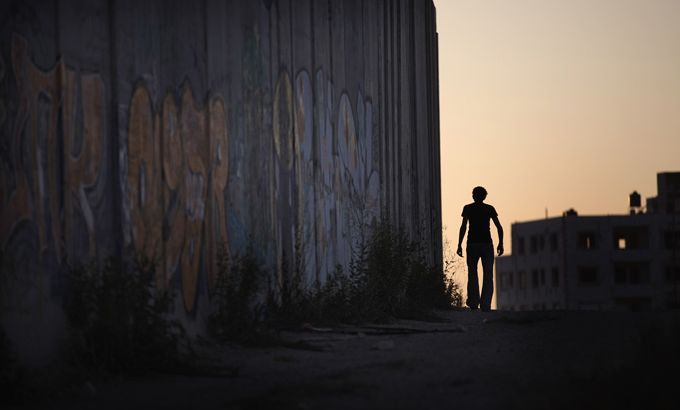
About a boycott
The BDS movement aims to economically undermine Israel, but is it really having the desired impact on the ground?
Tactics in the ongoing conflict between Israel and Palestine are often evolving to incorporate new types of protest. For some years now activists around the world have been urging a boycott of Israeli and foreign companies (and any of their products) which profit from the occupation of the West Bank. But recently – as the UN considers a bid for full membership against stiff Israeli and US opposition – the movement, known as Boycotts, Divestment and Sanctions, or BDS, has begun to gather pace.
Its aim is to economically undermine Israel with the intention of raising awareness of the Palestinians’ bid for nationhood and bringing Israel into compliance with international law.
One of the most potent and controversial symbols of the Israeli-Palestinian conflict is the separation barrier. Dubbed the ‘Apartheid Wall’ by many Palestinians and their supporters, it is twice as high (25 feet) as the Berlin Wall that separated East and West Germany during the Cold War – and will be up to four times longer when it is finished.
For Palestinians such as Cairo and Semma Arafat, it symbolises “the daily humiliation” of the occupation and exemplifies the repression that the boycott is meant to end.
Since 1967 Israel’s presence in the West Bank and its continued expropriation of Palestinian land for illegal settlements has caused an international outcry and activists hope to capitalise on those sentiments abroad, much in the same way as an economic boycott helped bring apartheid South Africa to its knees.
But as reporter Eric Campbell has been finding out, opponents claim the reality on the ground is not quite so clear-cut. Israeli businessman Daniel Birnbaum employs 450 Palestinian workers in the West Bank in his soda bottle business, and says that if he is forced relocate his company to China his workers will lose their jobs. “I think it’s from ignorance or hatred of Israel,” he says of the BDS movement, “not from love of the Palestinian people.”
Unsurprisingly, many on the right of Israeli politics feel the same and a law passed by the Knesset recently made it illegal to boycott Israeli businesses. But this has proved controversial. Prominent Israeli theatre director and actor Rami Heuberger, who refuses to work in the West Bank until a two-state solution is achieved, says he finds the legislation ludicrous. “I would be proud to be prosecuted on this law,” he explains.
The BDS movement is gaining traction, but it remains to be seen whether it will produce the positive outcome Palestinians are desperately seeking.